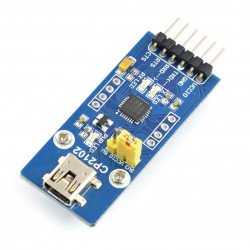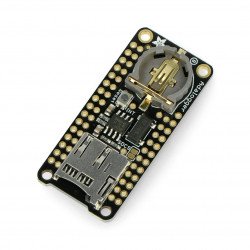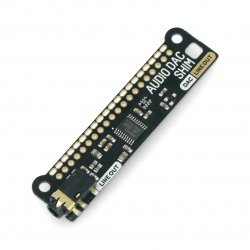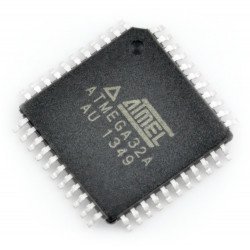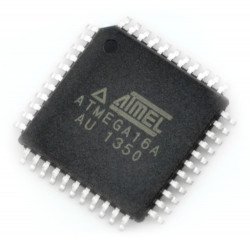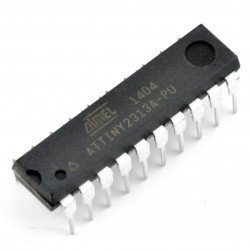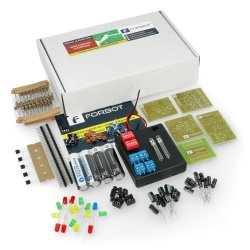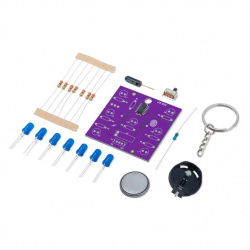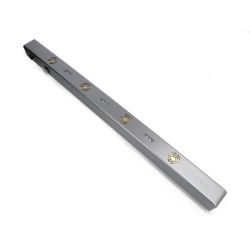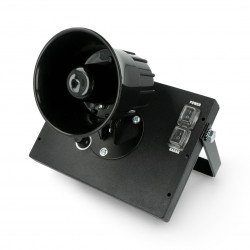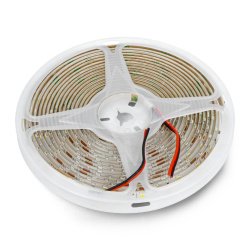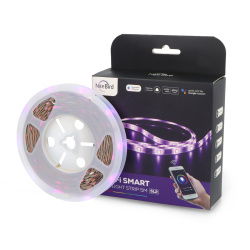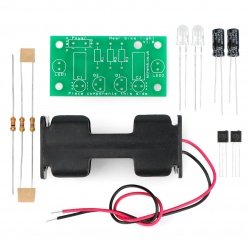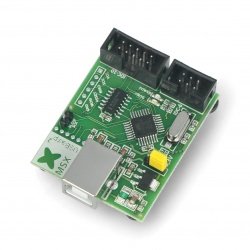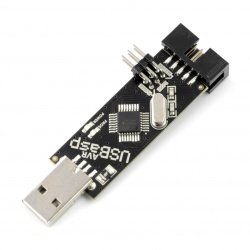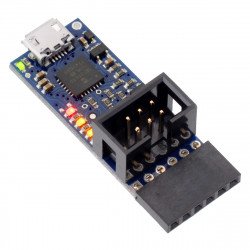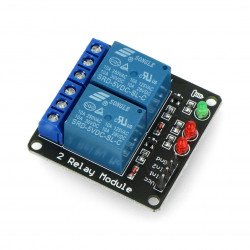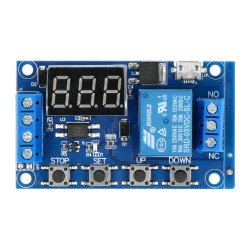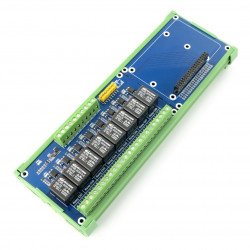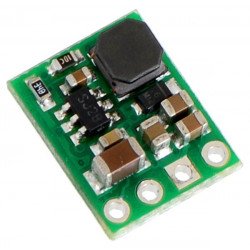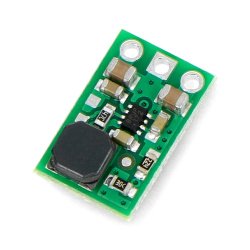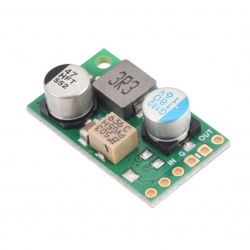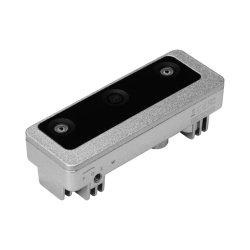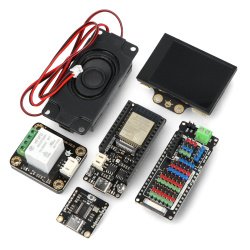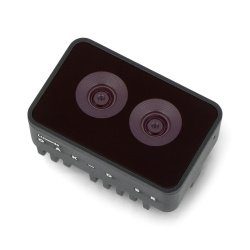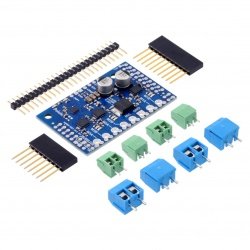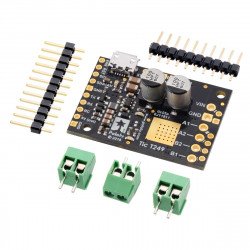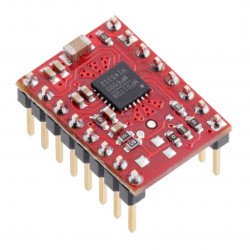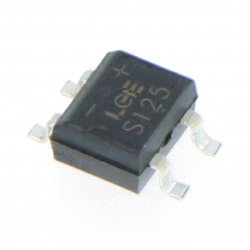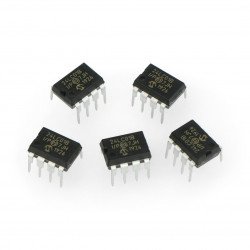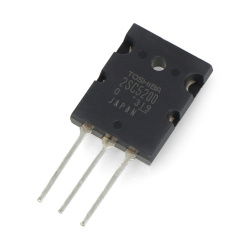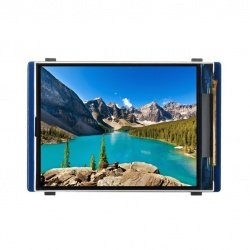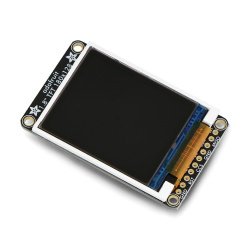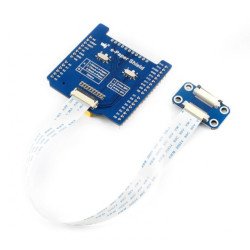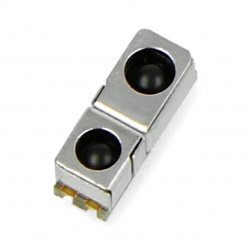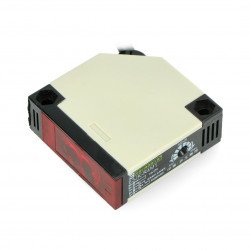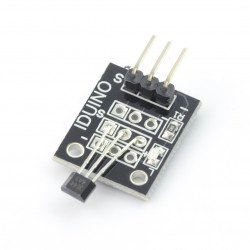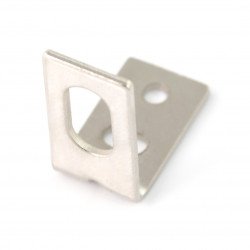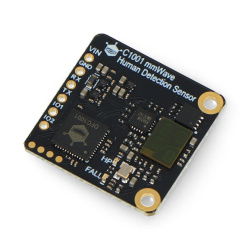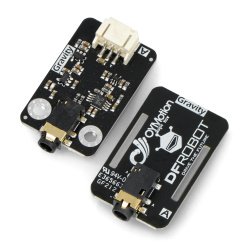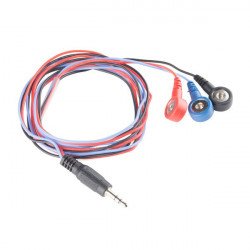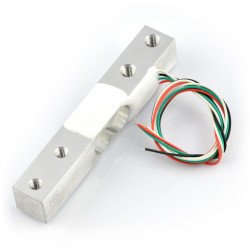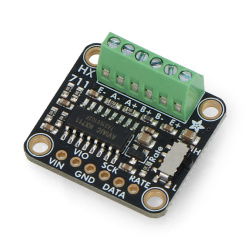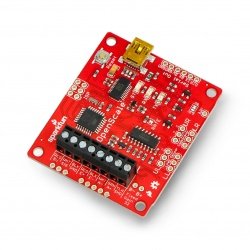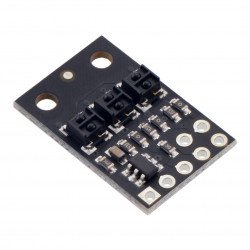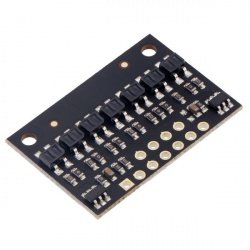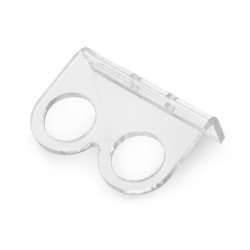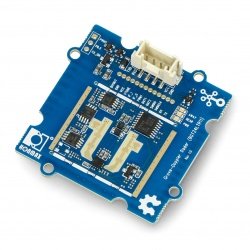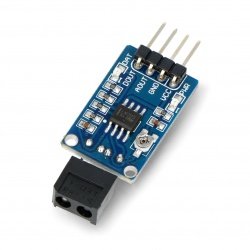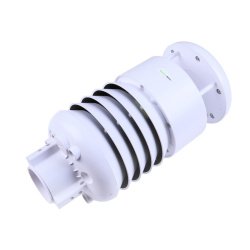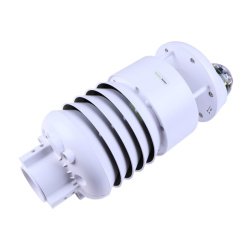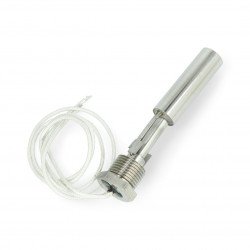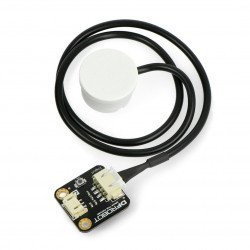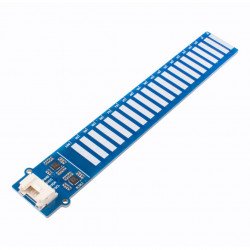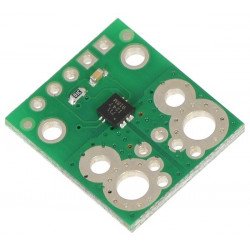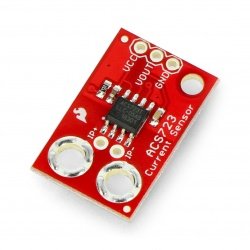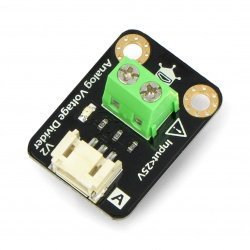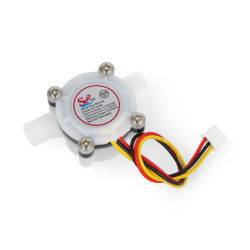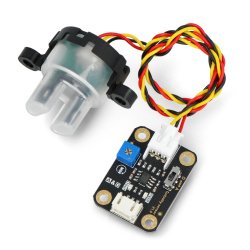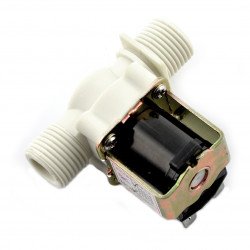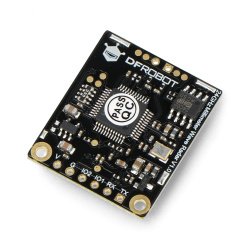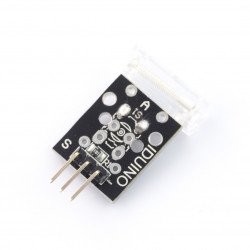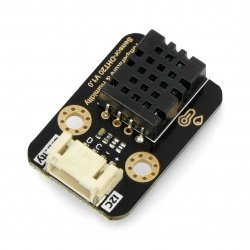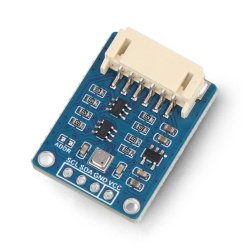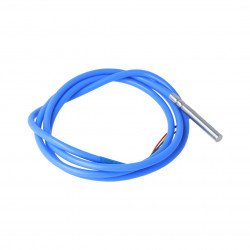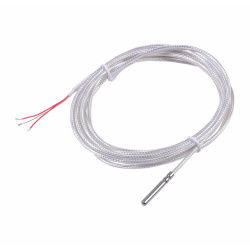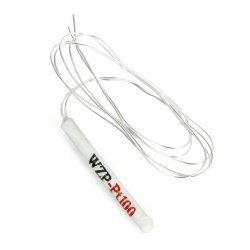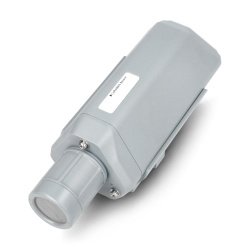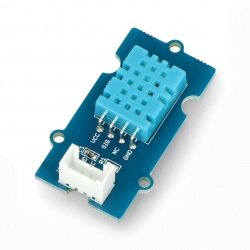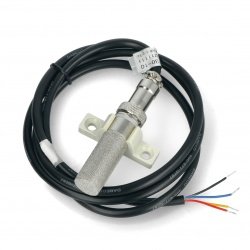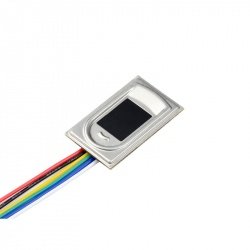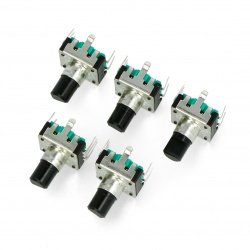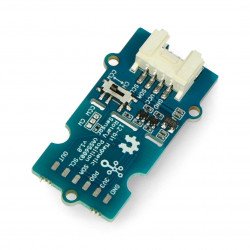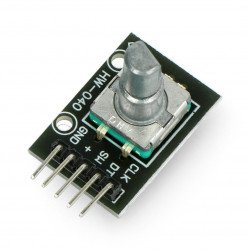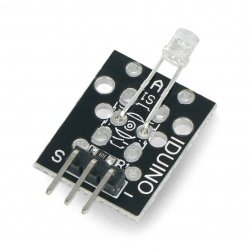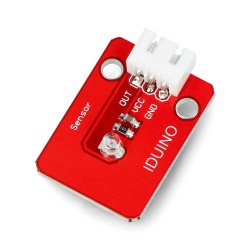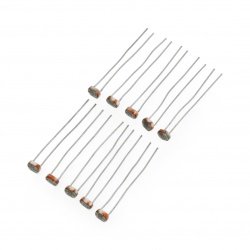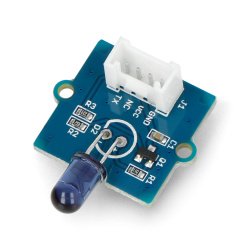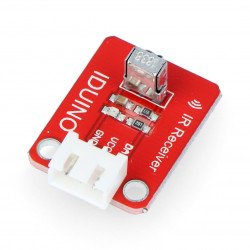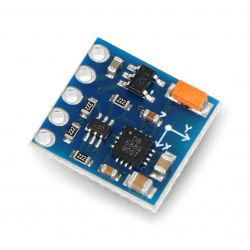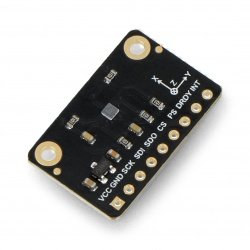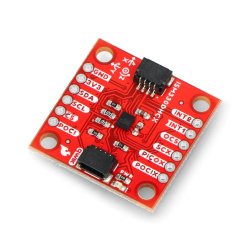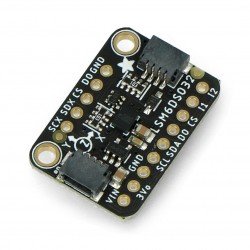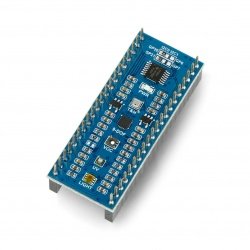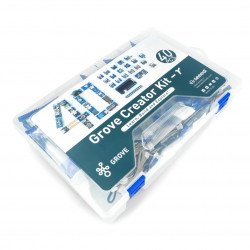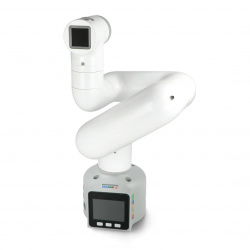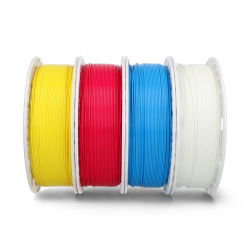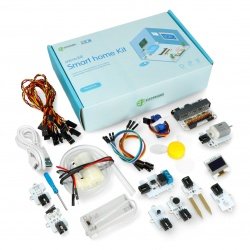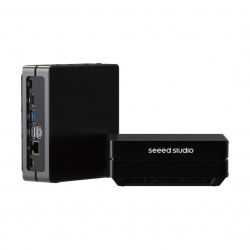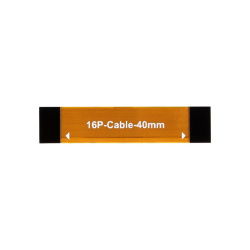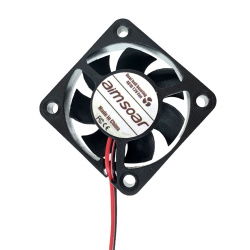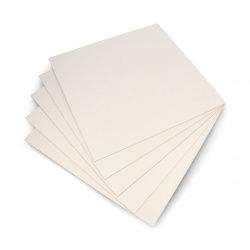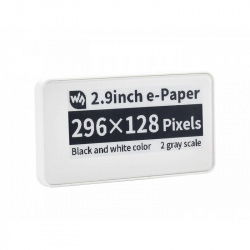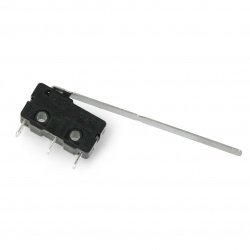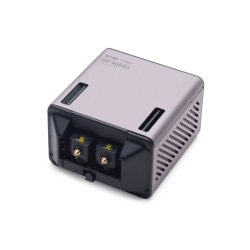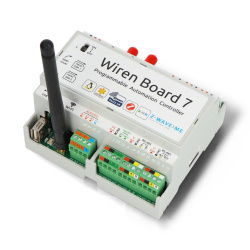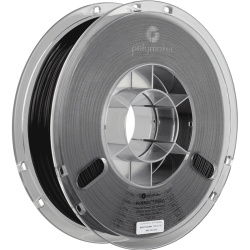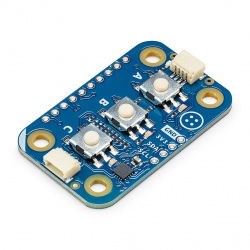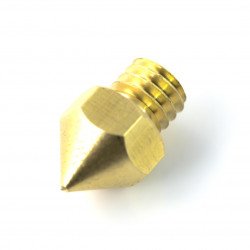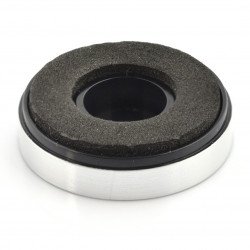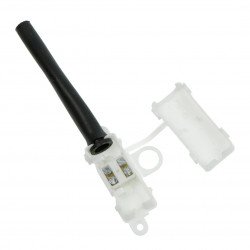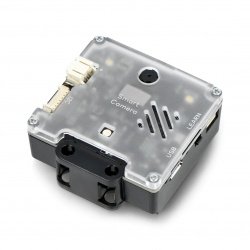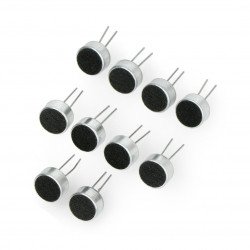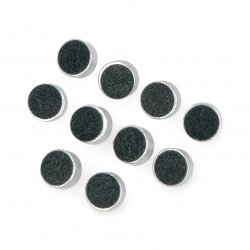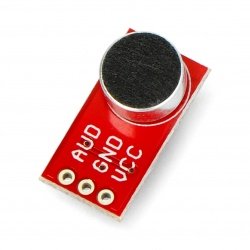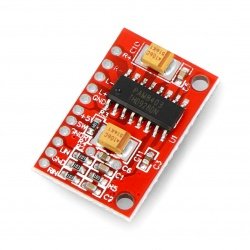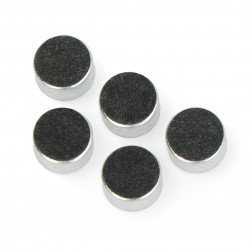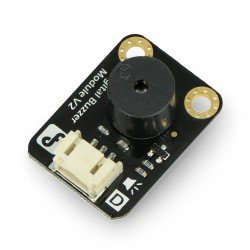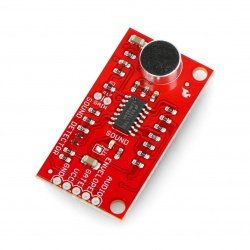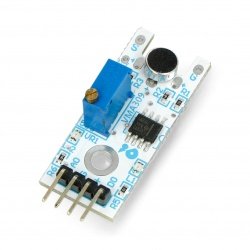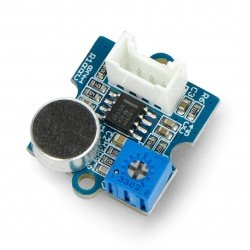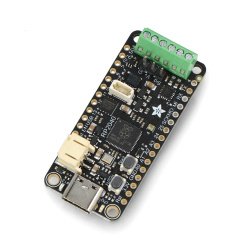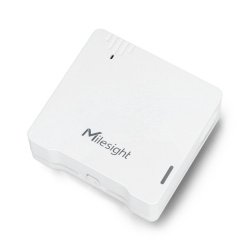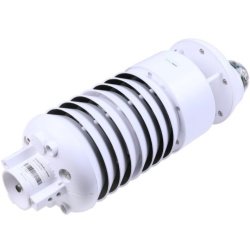Sound sensors, acoustic wave sensors with a microphone and vibration sensors are a group of transducers that detect vibrations in the form of waves of different frequency, converting them into an electrical signal. In Botland store, you will find sensors suitable for the application you are building .. Offer of sound sensors and electroacoustic signalling devices of the Grove module system from Seeed Studio, compatible with Arduino and Raspberry Pi. The sensors enable the construction of any applications that use sound signals for control (e.g. acoustic switches), as well as enriching the projects with the function of emitting a sound signal triggered by a specific event, e.g. low battery level. We also offer LED modules that can work with sensors and sounders. Another type of sensors we offer are vibration detecting sensors, i.e. operating in the frequency band from 1mHz to even 1GHz, so it can be used in a wide range of devices, e.g. in anti-burglary systems, motion detection systems in space, as well as switches.
Sound sensors
Microphone 50-56dB 9/4,5mm - THT - 10 pcs.
Height h: 4.5 mm. Diameter Ø: 9 mm. Sensitivity: 50-56 dB. Pins for soldering to the printed circuit board.Microphone 36-38dB 6/2,7mm - THT - 10pcs.
Height h: 2,7 mm. Diameter Ø: 6 mm Sensitivity: 36 - 38 dB. Pins - pitch: 1.8 mm.Electret microphone and OPA344 amplifier module - SparkFun BOB-12758
Module with microphone and operational amplifier. The output signal is amplified 100 times so the system can be connected directly to the analog inputs of microcontrollers.PAM8403 5V 3W stereo audio amplifier - two-channel - red
A module with a versatile two channel amplifier, it is powered with a voltage of 5 V. It allows you to connect the speakers of from 4 Ω to 8 Ω and with 3 W of power, each.Microphone 50-56dB 9/4,5mm - SMD
Height h: 4.5 mm. Diameter Ø: 9 mm. Sensitivity: 50 - 56 dB. Items are sold in sets of 5 pieces.DFRobot Gravity - digital sound generator - buzzer
Digital buzzer module for Arduino and Raspberry Pi, which can be controlled via low and high status. When changing the frequencies of the buzzer, you can hear a different...Sound detector - microphone - SparkFun SEN-12642
Audio detector powered with the voltage ranging from 3.5 to 5.5 V. The module is easy to use, it has three outputs: an analog - to measure the intensity of the signal, digital...SPW2430 - module with MEMS microphone - Adafruit 2716
Module with silicon microphone, MEMS type, which does not require amplifier. It detects sound with frequency from 100 Hz to 10 kHz and converts it into an analog output signal...Whadda WPSE309 - sound sensor - microphone
Sound detector powered by a voltage from 3.3 to 5 V . The module is easy to use, it has two outputs: analogue - enabling measurement of signal intensity and digital -...Gravity: Offline Language Learning Voice Recognition Sensor - I2C & UART - DFRobot SEN0539-EN
The voice recognition module - Gravity Offline Language Learning Voice Recognition Sensor - allows you to recognize 121 voice commands saved in memory, as well as expand...DFRobot Gravity - analogue meter of the sound level
The sound level meter is compatible with Arduino. For measurements, it uses the circuit instrument and the microphone with a low noise level that allows to accurately measure...Grove - vibration sensor with piezoelectric membrane
Vibration sensor with flexible plastic piezoelectric sensor LDT0-028. It is supplied with 5V, works with modules from Arduino, Raspberry Pi and other...RP2040 Prop-Maker Feather - audio amplifier module - I2S - Adafruit 5768
The RP2040 Prop-Maker Feather with Audio Amplifier from Adafruit is an advanced board for creating props, lightsabers and interactive projects. Integrated features include a...LoRaWAN Sound Level Sensor - white - Milesight WS302-868M
The Milesight Smart Sound Level Sensor is an advanced sensor based on LoRaWAN technology, capable of measuring sound in the range of 30 dBA to 120 dBA. The sensor has a...SenseCAP S800 V2 8-in-1 - sensor for building a weather station - Seeedstudio 101991023
SenseCAP S800 V2 8in1 is a compact weather sensor designed to monitor up to 8 environmental parameters , such as air temperature, relative humidity, atmospheric pressure,...See also
- Inductive sensors
- Hall effect sensors
- Oxygen sensors
- Optical sensors
- Resistance sensors
- Door sensors
- Piezoelectric sensors
- RPM sensors
- Twilight sensors
- Tilt sensors
- Accelerometers
- Alarm sensors
- 9DoF IMU sensors
- Pressure sensors
- Air quality sensors
- Gesture sensors
- Gas sensors
- Limit switches
- Sensors of light and color
- Magnetic sensors
- Medical sensors
- Pressure sensors
- Sensors odbiciowe
- Distance sensors
- Inductive contactless sensors
- Weather sensors
- Liquid level sensors
- Current sensors
- Flow sensors
- Motion sensors
- Temperature sensors
- PT100 temperature probes
- Humidity sensors
- Fingerprint readers
- Encoders
- Photoresistors
- Phototransistors
- IR receivers
- Magnetometers
- Gyros
- Sensor sets
- Grove modules
- Gravity modules
Microphones - the most popular sound sensors
Microphones are sensors operating on the principle of proportional conversion of the energy of the mechanical vibrations of the magnetic diaphragm into electricity, in the form of a voltage causing the current flow in the coil winding. The most common microphone designs used on stage and in recording studios are dynamic, ribbon and condenser microphones. In addition to popular microphones, sound sensors based on piezoelectric and electrostatic phenomena are also used, which enable sound detection in various industrial, medical and robotics applications, as well as in identifying and tracking objects, e.g. by echolocation. The design of such sensors allows the detection of sound waves, the frequencies of which fall outside the spectrum of the human audibility band. For example, ultrasonic sensors are used in the process of welding plastics, and infrasound sensors are used in the process of inspecting the structure of materials with a lower density than most metals, such as wood, concrete or cement. Measurements made with such sensors are not affected by environmental illumination, as can be the case with measurements with light intensity and colour recognition sensors.
Buzzers - one of the smallest speakers with a wide range of applications
The buzzer is a small loudspeaker that produces a clear sound signal by applying a voltage to its terminals. Most often, the design and operation of a buzzer are based on the vibration of piezoelectric material between two electrodes. For the buzzer to generate sound, its electrodes should be fed with a voltage that changes in time, e.g. in the form of a PWM signal from the microcontroller output. Buzzers are used in all applications that require sources of a simple acoustic signal, such as microwave ovens with sound signalling of the end of heating a meal, alarm and warning devices, as well as electronic toys. Buzzers are also found in PC desktops and make themselves felt, among others when the user warns about enabling the Sticky Keys function. Thanks to their small dimensions and low energy consumption, they are also used in playing gift cards.
Grove - high-quality sound level sensors
The sound level sensors are designed to measure ambient sound pressure levels. The built-in electret microphone and operational amplifier adequately filtering the input signal from interference (the bandwidth depends individually on the model) and the potentiometer for adjusting the gain of the output signal from the sensor (applies to the model based on the LM2904 chip), enable precise calibration and use of these sensors in sensory applications for sound detection and measuring its parameters. The sensors are compatible with Arduino - their output receives an analogue signal in the form of voltage. The sensor output should be connected to the input of the analogue-to-digital converter in Arduino, while in purely hardware applications, the purpose of which is to detect sound with a threshold amplitude, the sensor should be connected to one of the comparator inputs or an operational amplifier operating in the window discriminator mode.






















































































